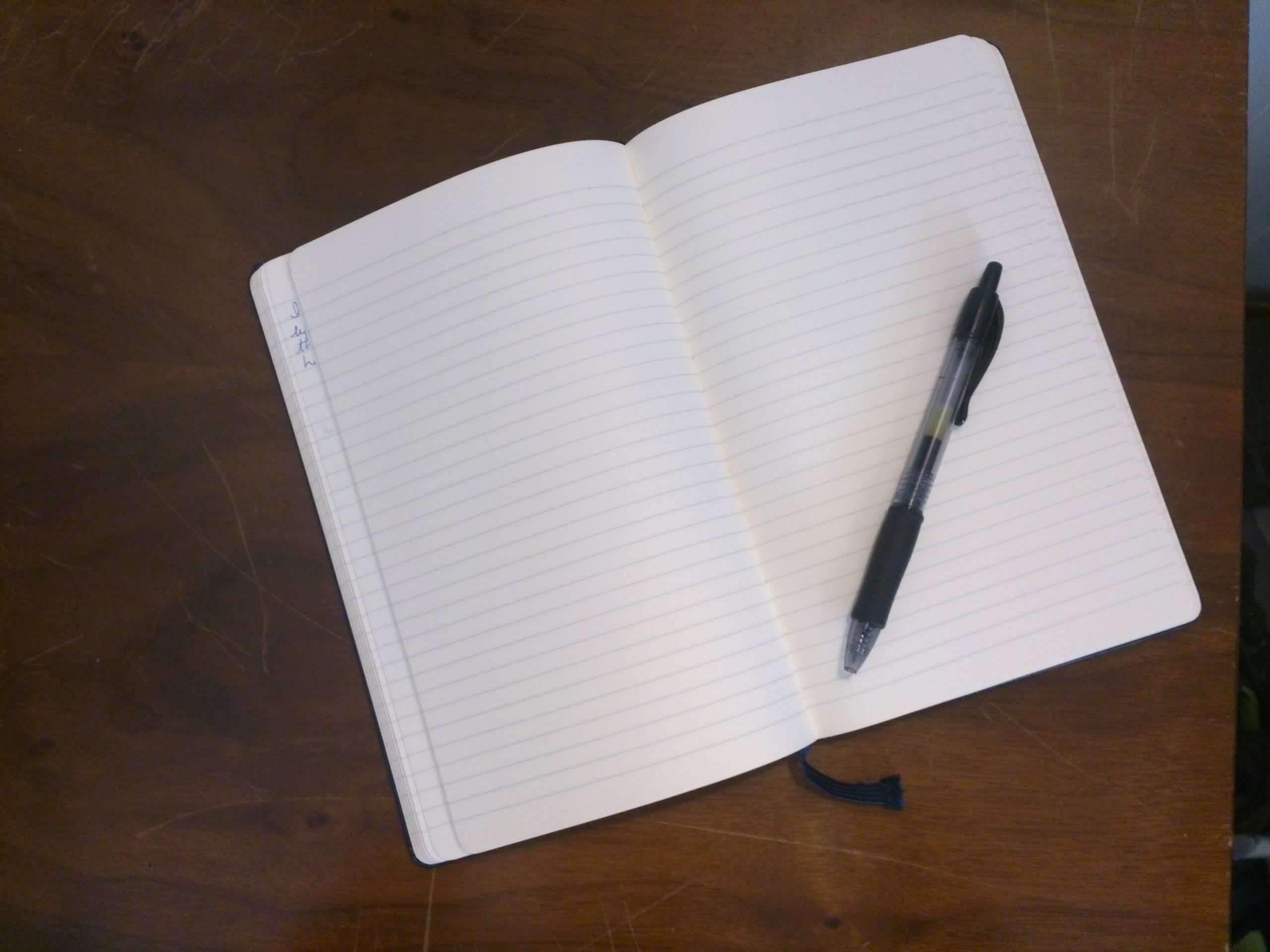November 8, 2022
Two Perspectives on the Death of Culture

At the start of October, I spent a weekend at the Catholic Imagination Conference hosted by the University of Dallas, and (though it has taken me an unconscionably long time to get started) I suspect it may be the topic of posts for the next several months as I unpack the many, many ideas I was exposed to over the two days of sessions. (It was a star-studded, tightly scheduled conference, so there’s a lot to unpack.)
One thing that struck me, as has been the case in other Catholic writing talks, essays, and conferences of my experience, was a bit of a doomsday view of our culture at large. (Though happily with the emergence of new small presses, journals, and National Book Award Winning-authors of a Catholic flavor, the laments of “Why aren’t there any more Flannerys?” seem to have died out a bit.)
By no means would I argue that our culture is flush with artistic expressions of the three transcendentals, but compare this distress to how Carey Wallace, author of The Blind Contessa’s New Machine (which I found rich and compelling), Stories of the Saints (which my kids love), and The Ghost in the Glass House (the first three chapters of which I have enjoyed to date), describes her thoughts on the “culture-making conversation” in her interview with Charlie Peacock:
…doomsday proclamations about the death of culture from both the right and left…seem blind to what I see as constant outbreaks of thoughtful culture from all kinds of unexpected quarters…
She continues:
I believe art doesn’t need to make an argument for itself, and that, outside of a small group of professionals whose livelihood depends on debate about the nature of art, everybody know this. One way or another, we all dance, sing, write, act. And when we’re done putting food on the table and a roof over our head, the first thing we do is reach for a book, turn on the radio, pick out a show. Art in all its forms is intimately connected with every aspect of all lives. We sing when people die. We dance when they get married. Even sports events and video games incorporate music, dance, images, theater. The things I make are only my participation in that constant, unstoppable swirl of creation. (emphasis added)
I, who hate conflict and always want everyone to get along, naturally prefer a middle ground, a nice Catholic “both/and” if you will. Art is not created in a vacuum, and thus an understanding of, engagement with, and (when appropriate) lamentation of the state of our culture at large can act as both a starting point and a stimulus for the creation of art. After all, it is difficult to enter into a conversation when one has not been listening. On the other hand, I believe it is wise not to spend so much time consuming (and, more particularly, lamenting) culture that little time is left for one’s own creative endeavors. Considering the saturation of our lives with media, and particularly digital media, this is a real danger.
If Wallace is correct, art doesn’t need our protection. It does, however, need our attention, as well as our intention to contribute beauty to our own cultures–whether they be as small as our own families or as large as the national literary scene. And I think we can all agree that the best way to create the culture we hope for is simply to create, and to create work that is so compelling in its truth, goodness, and beauty that it is nearly irresistible to viewers and auditors of goodwill, whatever their background or current creed.








